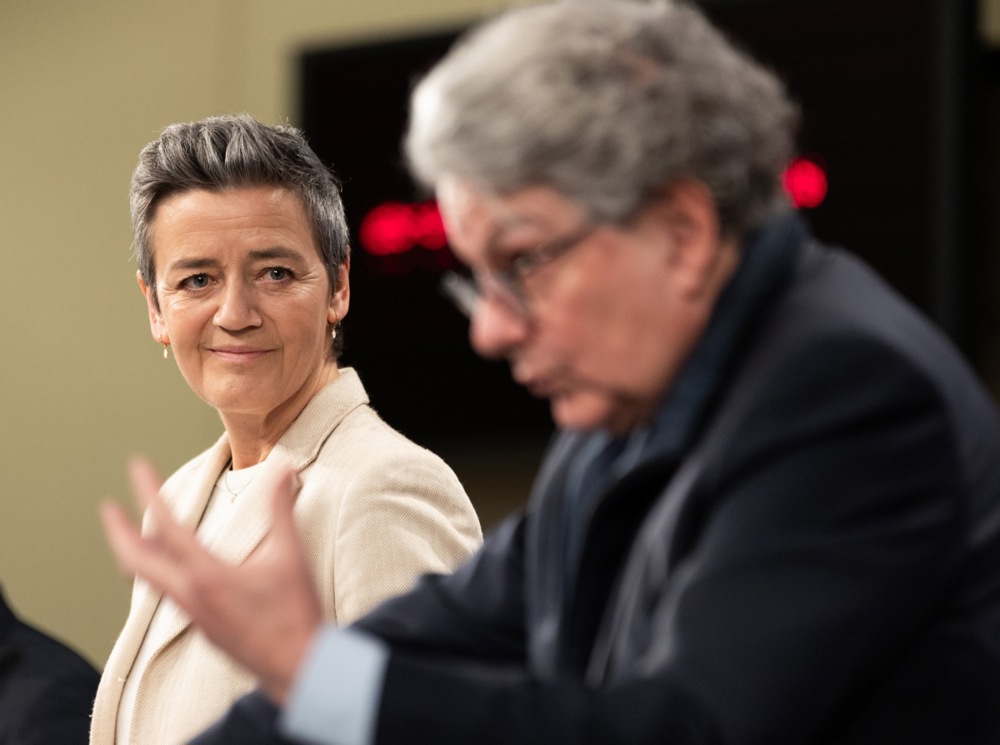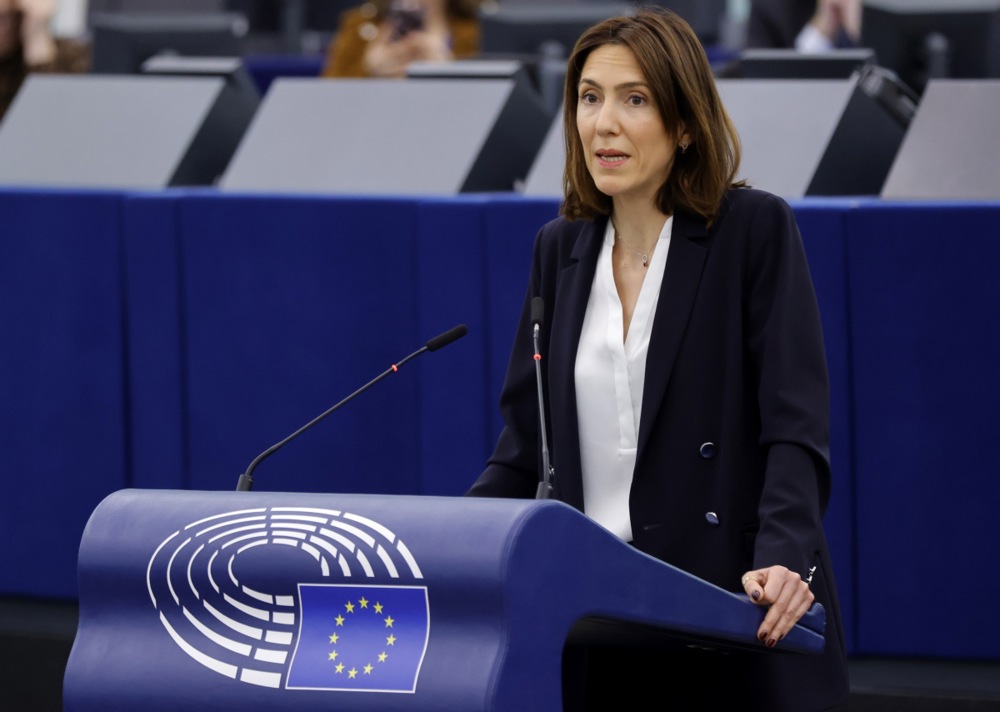Hungary has berated the European Commission for “blatant double standards” after the body dropped its Article 7 investigation into Poland.
The European Commission had been withholding funds from both Hungary and Poland for years, citing rule-of-law concerns, refusing to hand over billions in subsidies despite assurances from both countries that they would fix any issues Brussels may have.
While such assurances had initially not been enough to convince the EC to provide the funds, the body has now decided to close the Article 7 procedure against Poland, claiming that the risk to the rule of law in the country is no longer problematic, basing that argument on promises made by Prime Minister Donald Tusk.
At #GAC I didn’t receive meaningful answers to my questions on the @EU_Commission intended withdrawal of its reasoned opinion in the Article 7 procedure against Poland. This is the @EU_Commission second election gift for the new Polish Government to the greater glory of #RoL. 1/2
— Bóka János (@JanosBoka_HU) May 21, 2024
Hungary has now called foul play, with the country’s Minister for European Union Affairs János Bóka writing to the EC on May 17 to complain that similar assurances from his Government had been rejected.
While the minister urged Commission Vice President Věra Jourová to address the issue at a May 21 EU Council meeting, he has since claimed the request was ignored.
“I didn’t receive meaningful answers to my questions,” he wrote online.
He added that the move represented the EC’s “second election gift for the new Polish Government” since the EU-friendly Tusk regained power, arguing that the situation illustrated Brussels operated “blatant double standards” regarding Hungary.
The EU Commission is set to unlock €111 billion in frozen Polish funds now that Donald Tusk is in power.
Conservative MEP @JSaryuszWolski said the EU executive had admitted to "illegally blocking EU funds owed to Poland to affect the election result". https://t.co/RuiVHdPLO3
— Brussels Signal (@brusselssignal) December 15, 2023
Speaking to Brussels Signal, Polish journalist Aleksandra Rybińska backed that claim, claiming she had seen evidence suggesting that the decision to unfreeze Polish funds was politically motivated.
“The unblocking of funding for Poland is a purely political decision. As was the freezing of the funds,” she said.
Rybińska claimed similar assurances had been granted to Brussels by the previous PiS government but were rejected by the EC.
“Back then it wasn’t enough to unblock the funds, now it suddenly is. Because now the EC has the ‘impression’ the Polish government wants to go back to the rule of law,” she said.
“This whole mechanism, the holding back of funds is a political weapon, a means of pressuring inconvenient governments. Showing their voters that if they support ‘populists’ they lose out.”
The journalist went on to say that the move may be a play by EC President Ursula von der Leyen to get Tusk’s support for her reappointment following the European Parliament elections in June.
Olivier Bault, the Director of Communications at the Ordo Iuris think-tank, also agreed that the move appeared to be politically motivated, adding that the EU had paid little attention to rule of law breaches under the Tusk government.
“In our opinion, not only was the Von der Leyen Commission exceeding its powers when trying to impose specific legal solutions over Poland’s judicial system, but it was using the issue of the rule of law and its financial leverage toward net beneficiaries of the EU budget to achieve political goals, namely a change of government in Warsaw,” Bault told Brussels Signal.
“Donald Tusk’s new government has committed a series of unprecedented breaches of the rule of law, such as the unlawful takeover of the public media,” he added.
“The fact that the European Commission has suddenly turned a blind eye to these real breaches of the rule of law happening in Poland is further confirmation that both the Article 7 procedure against Poland and the persistent denial of Next Generation EU recovery funds until last autumn were politically motivated.”
Additional reporting by Peter Caddle
China has signed a new “all-weather” strategic partnership with Hungary amid worsening relations with the European Union. https://t.co/Cu3KowJ5fm
— Brussels Signal (@brusselssignal) May 10, 2024





